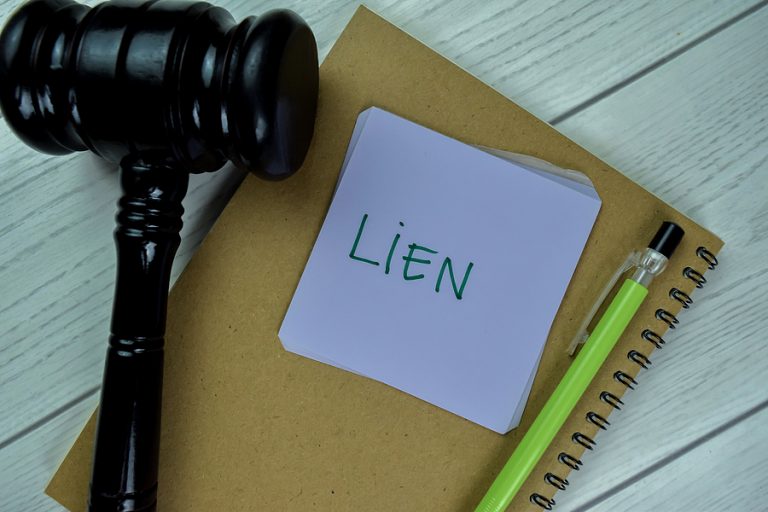Can There Be a Lien on Your Personal Injury Case?
 Michael Babboni
Personal Injury
When your health insurance company, Medicare, or Medicaid pays for your injuries after an accident, a lien may be put on your personal injury settlement. This is because they most likely have reimbursement rights that would come from any settlement you receive from your personal injury claim.
Michael Babboni
Personal Injury
When your health insurance company, Medicare, or Medicaid pays for your injuries after an accident, a lien may be put on your personal injury settlement. This is because they most likely have reimbursement rights that would come from any settlement you receive from your personal injury claim.Any liens will be paid first out of a settlement. So, to eliminate surprises, let’s take a look at liens and what this can mean for your personal injury claim in St. Petersburg, Florida.
Who Can Have a Lien on Your Personal Injury Case?
Liens can be placed for several reasons, including for unpaid medical bills, Medicare or Medicaid payments for injuries suffered in an underlying accident, payments made by a workers’ compensation insurer for injuries suffered in an underlying accident, long or short term disability payments, and other people or companies you may owe money to.
What Does a Lien Mean for Your Case?
When an insurance company places a lien they are entitled to on your case, a judge will authorize the lien. You want to make sure your personal injury attorney speaks with lienholders in advance of any settlement negotiations when there is a government agency involved.
What Can You Do About a Lien?
Once a lien is put on your case, it generally stays. To get a lien off your personal injury case, you need to prove that it should never have been put there in the first place. This can be because you don’t actually owe any money, or the insurance payments didn’t relate to the injuries involved in your current personal injury claim where the lien was placed.
Your personal injury attorney can help you prove either of those instances to get the lienholder to remove the lien from your case. If not, then the lien is there to stay. So, when the case is settled, the attorney will have to pay the lienholders first, and you will get whatever is left after the payments have been made.
Since this can come as a surprise and often a harsh blow for people, the attorneys start discussions with the lienholders ahead of the settlement negotiations. If not, you will lack proper leverage to get the lienholder to at least reduce the lien once the case settles.
Steps to Take
If you have a lien on your case, the first step is determining its validity. The hospital where you received care for your injuries is the one that needs to file the lien, demanding payment. The hospital must have also provided services to you at a fair and reasonable rate.
Whenever you file a personal injury claim in Florida, you want to make sure you check into any medical liens that may be placed on your case. Even if the lienholder provides notice of the lien, you want to ask your attorney to research it. They can help you address any issues that may arise.
Do You Have Insurance?
The lien is often not valid if you have insurance or an HMO. The insurance provider will have negotiated special rates for medical treatment. Suppose the insurance covers your injuries and treatment. In that case, the hospital typically cannot file a lien for the difference between the rates they were able to negotiate and the sticker price of the services rendered.
When you are treated for your injuries and have adequate insurance coverage, the insurer is responsible for paying your medical bills minus any required deductibles and copays. Florida law 641.315 states this and also says that the HMO, not the patient, is responsible for any medical treatment.
Have a lien on your personal injury case? Have your attorney look into it to ensure its validity before settlement negotiations start.
